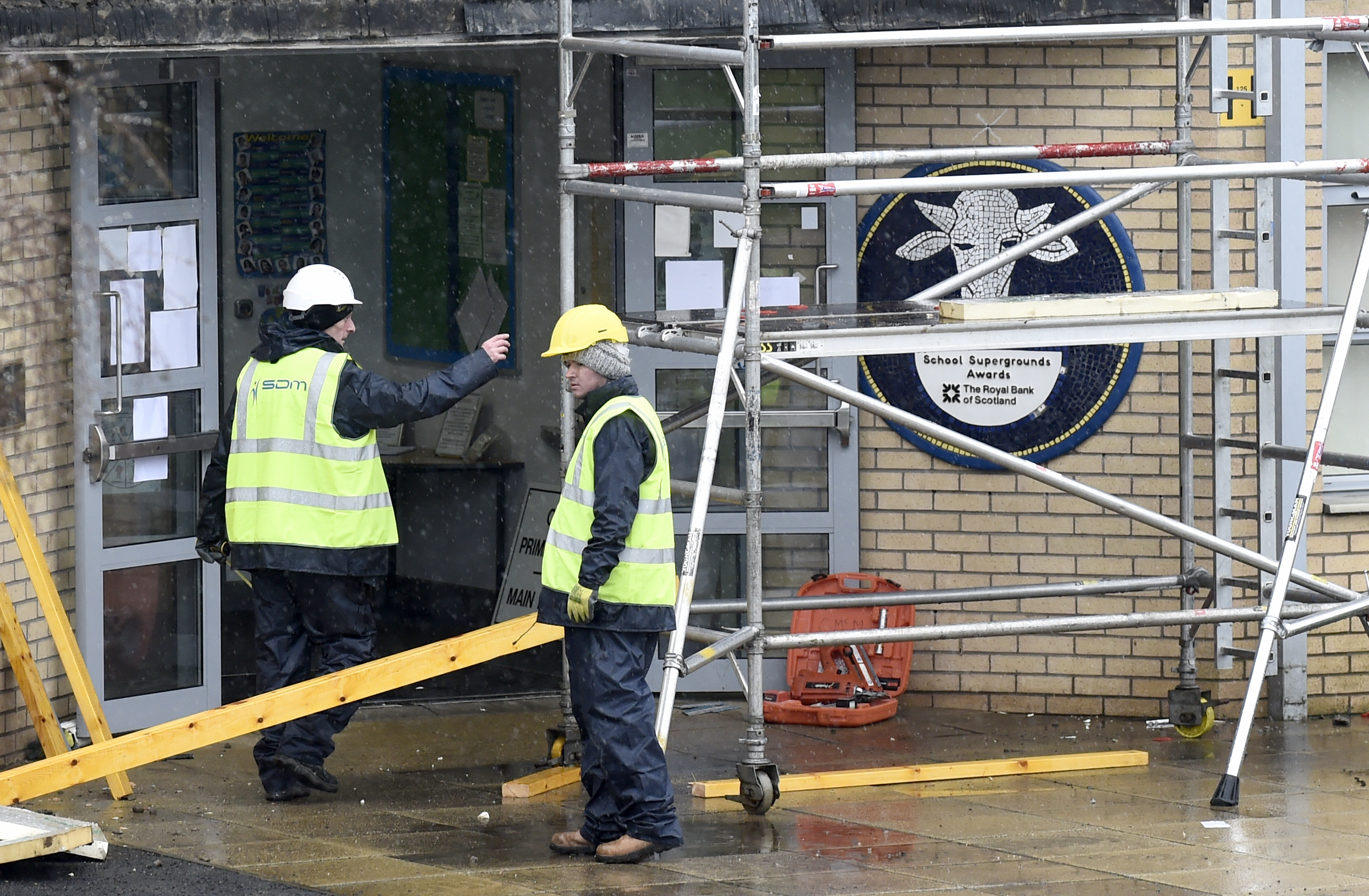Our schools are crumbling. It’s an issue which comes up periodically, usually because old, dilapidated buildings have been neglected for too long and are falling apart in front of the eyes of pupils and teachers.
The crisis in Edinburgh changed all that, though.
In Scotland’s capital city, the problem is being traced back to a major capital infrastructure project.
This one was carried out recently.
Seventeen schools were built or refurbished following little more than a decade ago in a £360 million deal.
Agreements between councils and private finance consortia under Public Private Partnership (PPI) or Private Finance Initiative (PFI) schemes have been controversial since they were first put in place.
Labour attacked the Conservatives at the House of Commons for proposing such arrangements in 1992.
Once the party was elected in 1997, it decided it rather liked them and the scheme was rolled out widely – in the health service as well as on schools – by the Labour/Liberal Democrat coalition government at Holyrood.
Most of the criticism which has dogged the link ups has focused on the massive levels of debt which follows them.
One Sunday newspaper claimed taxpayers would pay out £30 billion over the coming decades through annual unitary charges, which cover the cost of everything from maintenance of buildings to payment of interest.
That’s eye watering, but is nothing compared to watching parts of your dream new builds literally fall down in front of you, as happened at Oxgangs Primary in Edinburgh.
The ideology behind linking up the public and private sectors is actually pretty sound.
If there isn’t enough cash in the public purse, why not find some so we can have new, state of the art facilities?
Aside from the shoddy negotiation of long term debt, which in itself is pretty important, it’s because the private sector exists to make a profit.
That’s fair enough but it should not be the case – as per the advice of multiple Scottish Governments – that value for money is ranked above building excellence.
Yes, multiple Scottish Governments.
Labour and the Lib Dems may have started the sham of putting cash before quality, but it has been carried on pound for pound by the SNP with its PFI replacement, Non-Profit Distributing, which limits returns to the private sector and reinvests profits back into public services.
A Scottish Government spokesman confirmed to this newspaper the evaluation criteria for NPD building projects is set at 60% price and 40% quality.
My understanding is that some sensible local councils lobbied effectively so quality and price were ranked on at least an equal footing.
Perhaps that is why Angus, Dundee, Fife and Perth and Kinross Councils all reported clean bills of health when they checked their schools in the immediate aftermath of the Edinburgh crisis.
The money-orientated focus on big infrastructure must now change as we move forward.
Of course we cannot allow spending to run out of control but the old Scottish saying “if you buy cheap, you buy dear” has some merit when considering these issues.
Edinburgh’s schools are not falling apart because they were built under a PPP deal but the ideology surrounding the practice is key to the failings.
Is it any surprise paying more attention to the pennies than the bricks leaves you with a company which cuts corners then goes bust before the going gets tough?
The SNP has made progress but there’s still a long way to go before confidence is back in our buildings.










